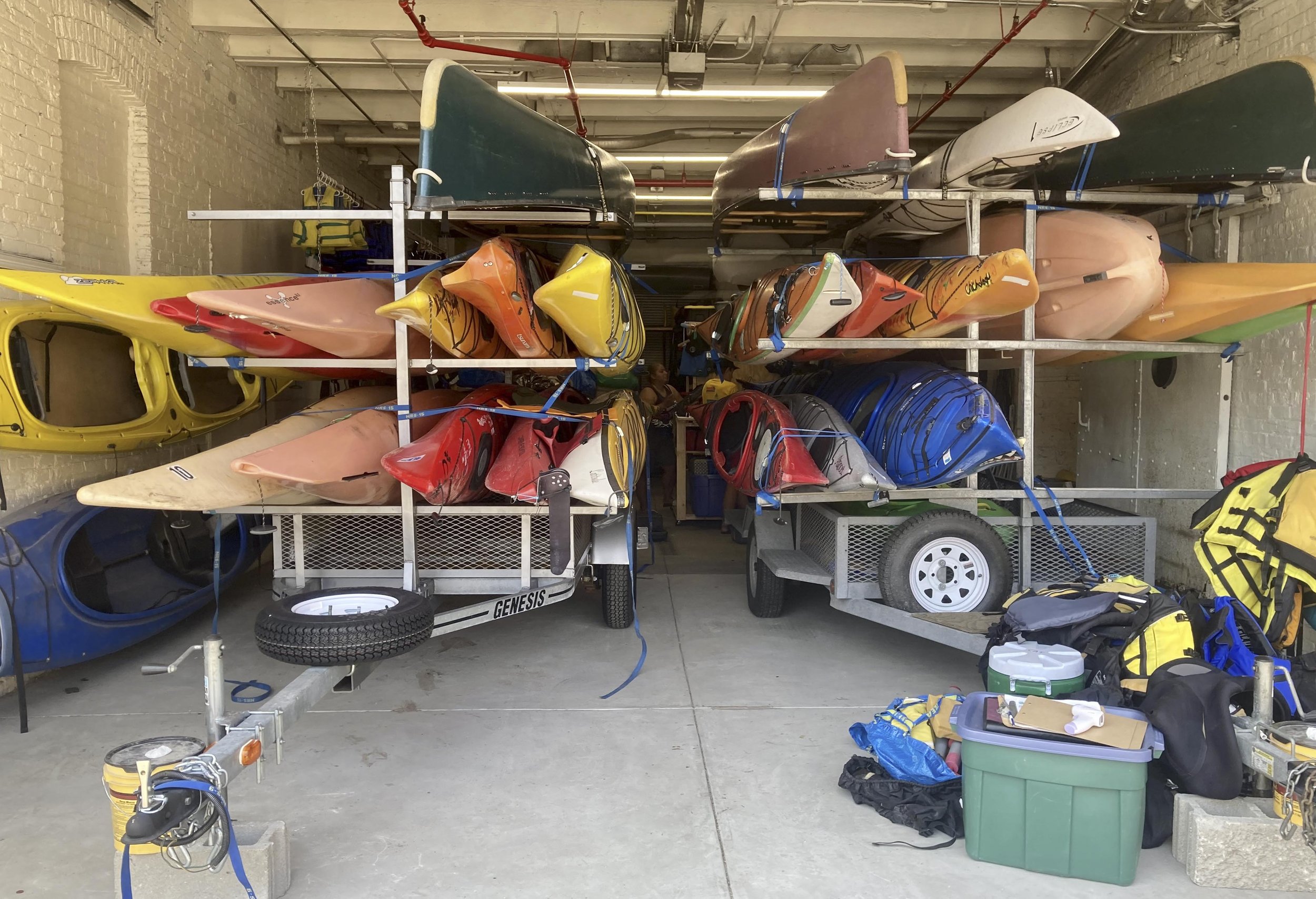
Clinical Frame
In 2012, Chicago Adventure Therapy staff finalized the organization’s Clinical Frame, a compilation of several documents outlining what we do and how we do it. Take a look below and follow the section heading links to learn more about each topic.
Youth
Chicago youth face significant barriers to emotional and physical health. Whether it is a socioeconomic hardship, a lack of employment opportunity, interpersonal or community violence, or one of a myriad of other barriers, youth need inexpensive or free, effective, evidence- informed clinical youth development services. Chicago Adventure Therapy (CAT) serves under-served metropolitan Chicago youth aged 12-24, with most of our participants falling into the 13-17 age group. Since 2007, we have worked with youth receiving or in need of mental health treatment, youth experiencing homelessness, youth experiencing court involvement, youth in state care, youth who are gang-involved, youth who are refugees, youth who have experienced or are in danger of interpersonal or community violence, youth experiencing poverty, and LGBTQ youth. We help give access to these resources and use them for clinical impact.
Risk and Protective Factors
The under-served urban youth CAT work with face many risk factors including experiencing homelessness, having a minority status, gang involvement, and experiencing negative life events. These risk factors, among many others, are related to negative future outcomes such as a reduction in IQ and an increased incidence of emotional, social, and behavioral problems. CAT programming tries to optimize the presence of protective factors in the youth by providing them with internal skills, such as self-confidence and social skills, and external support in an effort to build resilience and mitigate these risk factors and related outcomes.
Programming Foundations and Application
CAT integrates various clinical interventions into its programming that are informed both by multiple clinical theories and by current research. Underlying all of CATs work is systems theory and its acknowledgement that an individual’s behavior is not only determined by their internal world, but also the social context that surrounds them. Therefore, interventions are implemented at three different context levels; an individual-level, group-level, and programmatic structure level. Interventions are intentionally used within the adventure activities (navigation, cycling, paddling, rock climbing, winter sports, and camping) CAT uses to promote various therapeutic benefits.
Evidence-Informed Programming
The activities and process used in AT are well-suited to developing the brain aptitudes and neural integration needed for healthy development and functioning. CAT staff draw on insights from both brain research and research and theory from the field of AT, as well as time-honored clinical techniques, in the development and implementation of our programming.
CAT’s Outcomes
2010 marked the beginning of data collection for CAT’s first program evaluation, conducted by PsyD student Lisa Hutson. Preliminary results indicate that following their participation with CAT, youth experienced increases in tolerance and optimism, felt more securely connected to the people around them, and were better able to maintain an even keel when emotionally aroused.
Chicago Adventure Therapy currently accepts group referrals from other agencies, and in the future, will also accept referrals of individuals. We offer half-day and full-day programs, as well as ongoing programs that meet once or twice a week for an extended period of time.
